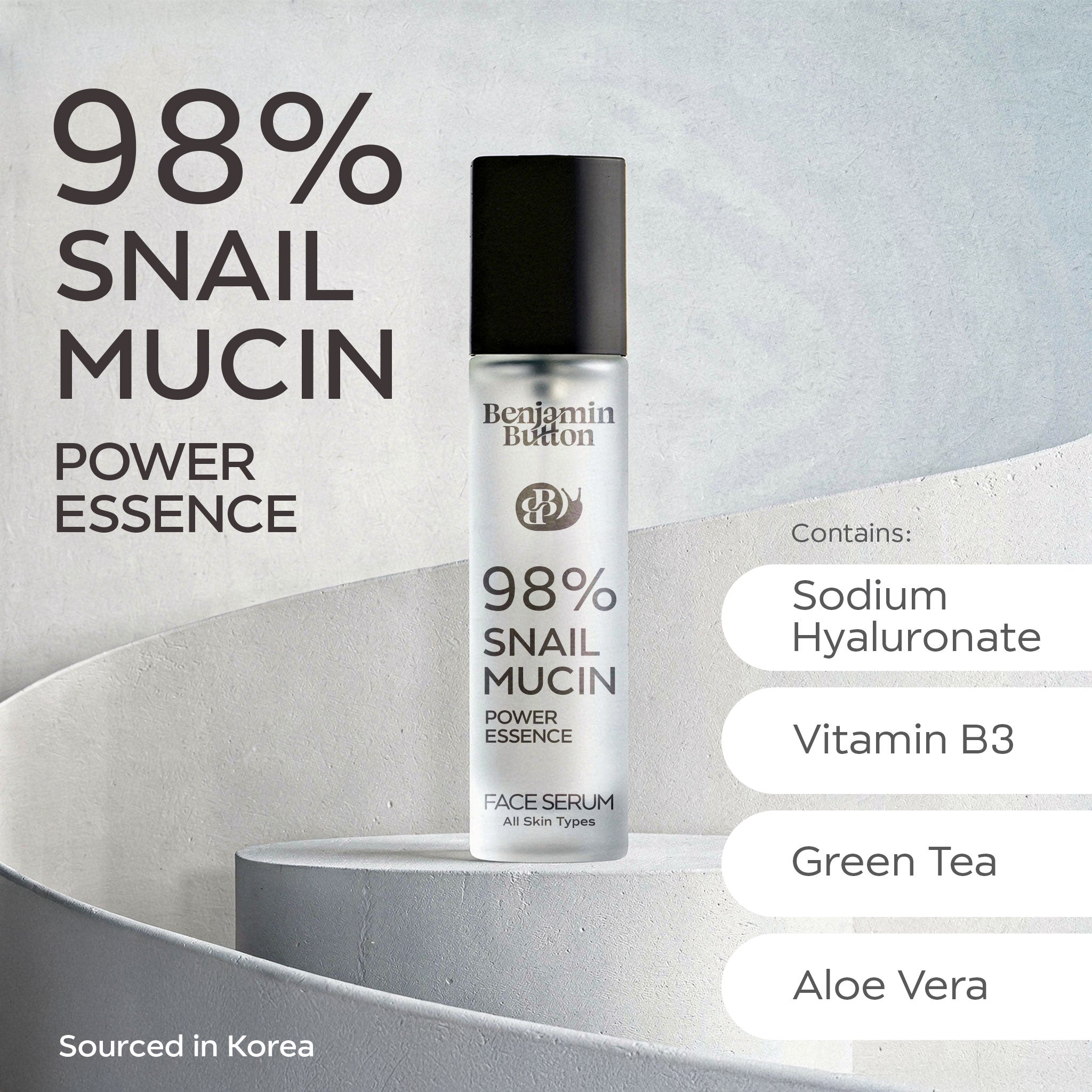Kefir vs Yoghurt: Which Dairy Product Is Healthier?
When it comes to choosing between kefir and yoghurt, health-conscious individuals often find themselves weighing the benefits of these two popular dairy products. Both kefir and yoghurt boast impressive profiles, but they also come with distinct characteristics that make one stand out more than the other. Let’s delve into the nutritional aspects, probiotics, and health benefits of each to ultimately determine which is the healthier option for you.Nutritional Breakdown
Kefir and yoghurt differ not only in taste and texture but also in their nutritional value.- Kefir: Typically lower in calories and carbohydrates, kefir is a fermented drink made by adding kefir grains to milk. This results in a tangy, effervescent beverage that is rich in nutrients. A standard serving of kefir generally contains:
- Approximately 100 calories
- 6-8 grams of protein
- 8-10 grams of carbohydrates
- High levels of calcium and magnesium
- A range of B vitamins, including B12
- Yoghurt: On the other hand, yoghurt is made by fermenting milk with specific bacterial cultures. Although yoghurt can also be a healthy choice, a cup of plain, full-fat yoghurt offers:
- Approximately 150 calories
- 8-12 grams of protein
- 12-15 grams of carbohydrates
- A good source of calcium and vitamin D
While both dairy products are nutritious, kefir tends to be lower in calories, making it an attractive option for those monitoring caloric intake. However, when considering protein content, traditional yoghurt may have the upper hand.
Probiotics: The Gut Health Boosters
One of the crucial components that set kefir and yoghurt apart is their probiotic content. Probiotics are beneficial bacteria that promote gut health, and this is where kefir excels.- Kefir: Loaded with a wider variety of probiotic strains, kefir can contain over 50 different types of bacteria and yeast. This diversity can have a positive impact on the gut microbiome, potentially aiding in digestion, boosting the immune system, and even enhancing mood.
- Yoghurt: While yoghurt is also a source of probiotics, most types typically contain fewer strains. Common probiotic strains in yoghurt include Lactobacillus bulgaricus and Streptococcus thermophilus. These beneficial bacteria can aid digestion and are recognised for their positive effects on gut health, but they don’t offer quite the same range as kefir.
If your primary goal is to introduce beneficial bacteria into your diet, kefir’s diverse probiotic profile makes it the clear winner.
Digestive Health Support
Both kefir and yoghurt can potentially aid digestion, but their effects may vary based on individual tolerance and the types of cultures used in fermentation.- Kefir: The fermentation process of kefir breaks down lactose, making it more digestible for those who are lactose intolerant. Additionally, the presence of yeast along with bacteria can enhance digestion by promoting a healthy gut flora.
- Yoghurt: Yoghurt can also be easier to digest because of its lower lactose levels compared to milk. The probiotics found in yoghurt can help to regulate digestion and help alleviate symptoms like bloating or discomfort.
It’s important to note that those with lactose intolerance may find kefir more beneficial due to its lower lactose content and higher probiotic presence.
Health Benefits Beyond Digestion
The health benefits extend beyond gut health for both kefir and yoghurt. Here’s how they compare in terms of overall wellness.- Kefir: Studies suggest that kefir may contribute to reduced inflammation, improved cholesterol levels, and better blood sugar management. Its potent anti-inflammatory and antioxidant properties support heart health and may aid in weight management.
- Yoghurt: Research has linked yoghurt consumption to a lower risk of chronic diseases like type 2 diabetes and heart disease. The calcium and vitamin D found in yoghurt can also contribute to bone health, offering an advantage for those at risk of osteoporosis.
While both options come with impressive health benefits, kefir triumphs in terms of its potential for reducing inflammation and improving metabolic health.






















